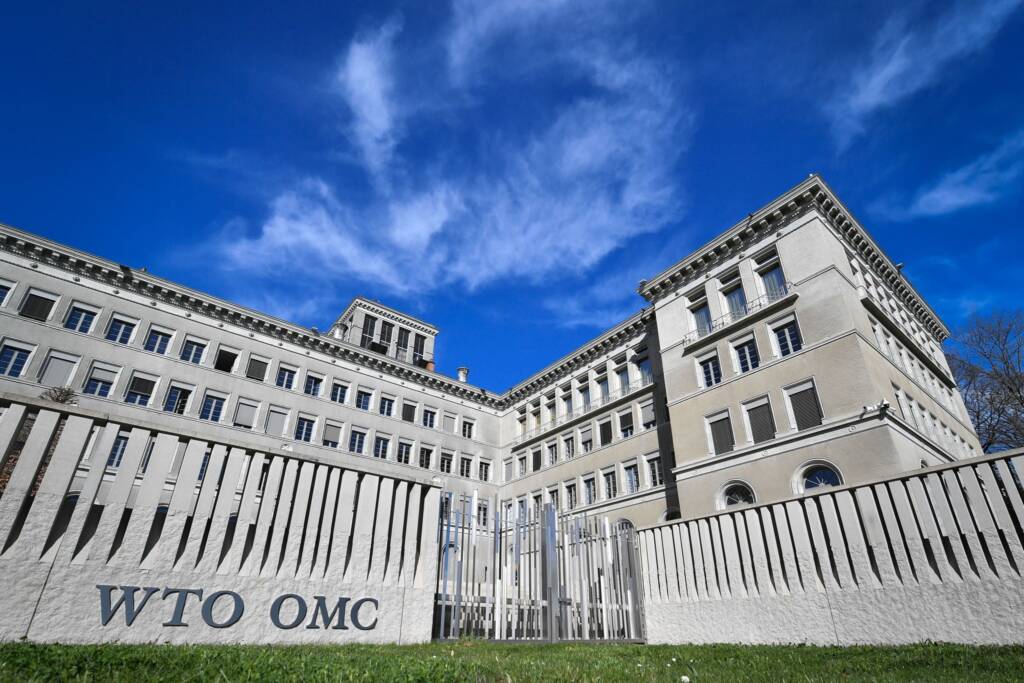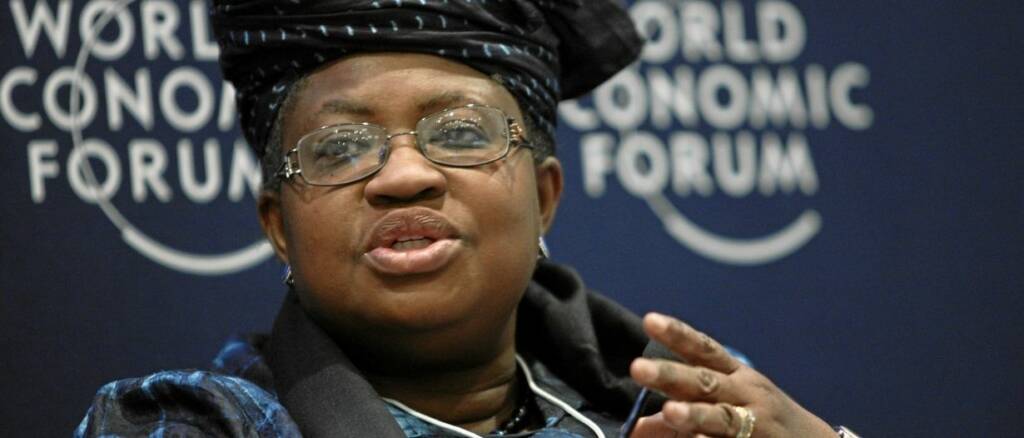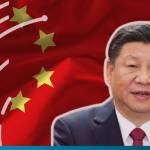This article was co-authored by Chris Bryant and Doran Boyle at Bryan Cave Leighton Paisner
With the WTO Appellate Body no longer functioning, will the interim appeal arrangements established by the EU, Australia, Canada and others not just ‘stop the gap’ but also pave the way to reform? Or will the absence of the US and other key players limit its impact?
Despite being one of the most used international dispute resolution mechanisms in the world, in recent years the WTO’s system for dispute settlement has been crippled by an impasse over appointment of Appellate Body members. Since 2019, the Appellate Body has been inquorate and unable to hear appeals. The term of the last sitting Appellate Body member expired on 30 November 2020.

In order to try and ease the deadlock, back in April 2020 16 WTO members (including the EU, Canada, China and Australia) formally notified the Multi-Party Interim Appeal Arbitration Arrangement (the “MPIA”) to the WTO. The MPIA is based on existing WTO provisions for dispute resolution under Article 25 of the Dispute Settlement Understanding and preserves the essential principles and features of the WTO dispute settlement system (including its binding nature and provision for two-tier adjudication). However, its implementation has broken new ground by introducing novel mechanisms to enhance procedural efficiency. For example, arbitrators may take organisational measures to streamline proceedings, including deciding on page limits, time limits and deadlines as well as deciding on the length of and number of hearings needed in a dispute. If necessary, arbitrators can also propose non-binding substantive measures to the parties in dispute, such as an exclusion of claims based on alleged lack of an objective assessment of the facts.
The MPIA by no means addresses all of the concerns that have been aired about the functioning of the WTO dispute settlement system over the years. However its establishment is an important step in the journey to wider reform and follows on from the proposals for reform put forward in 2019 by New Zealand Ambassador Dr David Walker. Implementation of the MPIA signals commitment to the WTO dispute settlement system and a desire for positive change from an important portion of the WTO membership. However there are notable absences in the list of participants. The WTO membership remains fundamentally divided on key issues relating to reform, for example the question of precedent. The UK is reportedly now siding with the US and Japan in arguments about whether the WTO should be able to create its own legal precedent.
The reality is that, until the Appellate Body becomes functional again, disputes involving members who have not joined the MPIA cannot be resolved and the scope for reform through the new arrangement is very limited.

WTO General Council Director-General Azevêdo commented back in December 2019 that:
“Rules-based dispute resolution prevents trade conflicts from ending up in escalating tit-for-tat retaliation — which becomes difficult to stop once it starts — or becoming intractable political quagmires”.
Certainly, in 2020 the Boeing/Airbus dispute reminded us how easily retaliatory steps in trade disputes can snowball. However, opinion remains divided on the efficacy of dispute resolution panels in resolving international trade disagreements. Parties neglecting to properly implement WTO panel rulings is certainly not unheard of and has been a repeated issue in the Boeing/Airbus dispute. Perhaps it is idealistic to place weight on the power of an institution ahead of personalities and political alliances. After all, 2021 has already demonstrated how a longstanding feud like Boeing/Airbus can just as quickly be de-escalated as it can be ramped up, where there is a genuine desire on both sides to move forward (or perhaps more importantly new entrants to the sector threatening both parties and a pandemic grinding the industry to a halt…).

With a new Director General at the WTO (who has previously accepted that critiques of the Appellate Body are valid), a new president in the White House and the global pandemic continuing to apply great pressure to critical trading relationships, it remains to be seen what else 2021 has in store for trade dispute resolution. If one thing is for sure, 2021 is not passing by quietly!
With International Trade lawyers located across the United States and Europe, BCLP’s International Trade Team offers strategic and operational advice to clients engaging in global trade and international business across a range of industries.




























